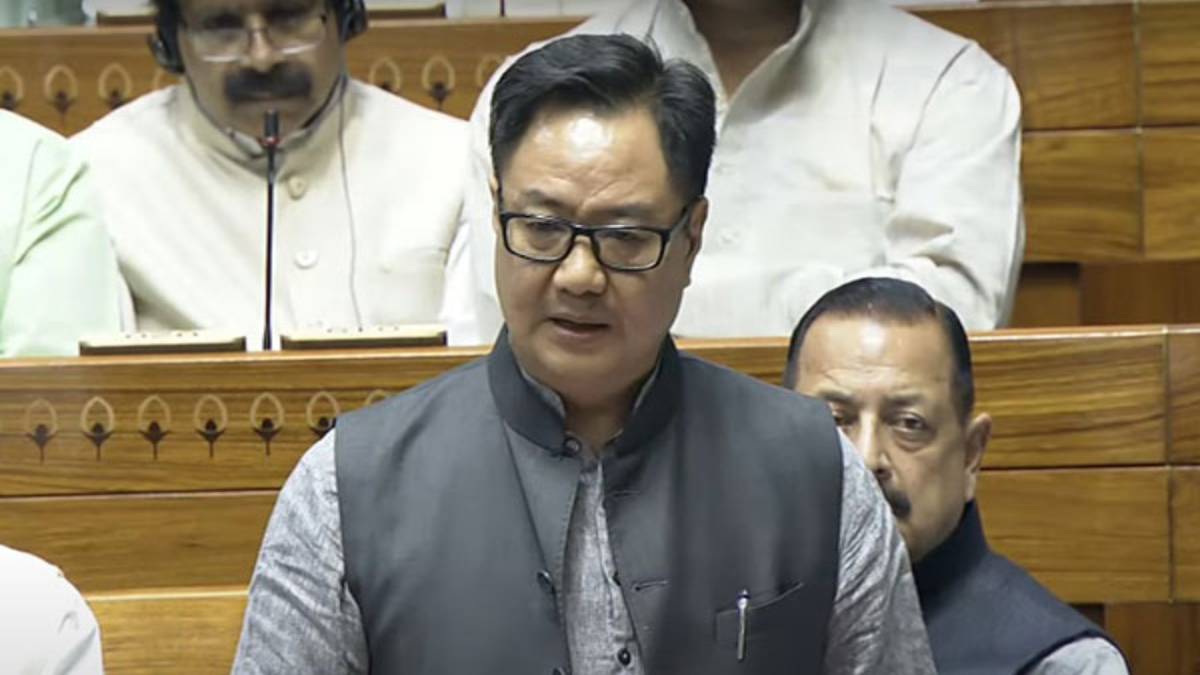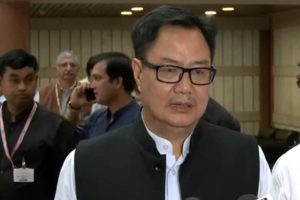The Lok Sabha on Wednesday began discussions on the Waqf (Amendment) Bill, 2025, incorporating recommendations from the Joint Parliamentary Committee (JPC) that reviewed the bill first tabled in August last year. The House also took up the Mussalman Wakf (Repeal) Bill, 2024 for consideration and passing.
Minority Affairs Minister Kiren Rijiju introduced both bills, stating that the amendments aim to improve the administration and management of Waqf properties, streamline registration processes, and incorporate technology for better governance. Rijiju emphasized that the bill serves the national interest and dismissed opposition concerns as politically motivated.
However, Congress leader KC Venugopal accused the government of rushing the legislation without allowing adequate time for amendments. “You are bulldozing the legislation. There is no time given for amendments,” he protested.
In response, Lok Sabha Speaker Om Birla assured that equal consideration had been given to both government and opposition amendments. Home Minister Amit Shah defended the bill, asserting that all proposed changes were approved by the Union Cabinet and based on the JPC’s recommendations. “There is no point of order,” Shah stated, dismissing procedural objections raised by RSP MP NK Premachandran.
Earlier, Rijiju had told reporters that the bill is “a historic step” and will be beneficial for the entire nation, including millions of Muslims.
The Waqf (Amendment) Bill, 2025, originally presented in August 2024, seeks to address long-standing issues in managing Waqf properties. It proposes key changes, including enhancing Waqf board efficiency, improving registration processes, and incorporating technology for record-keeping. The government maintains that these reforms will ensure better transparency and governance of Waqf properties, while opposition parties continue to raise concerns over its potential implications.





